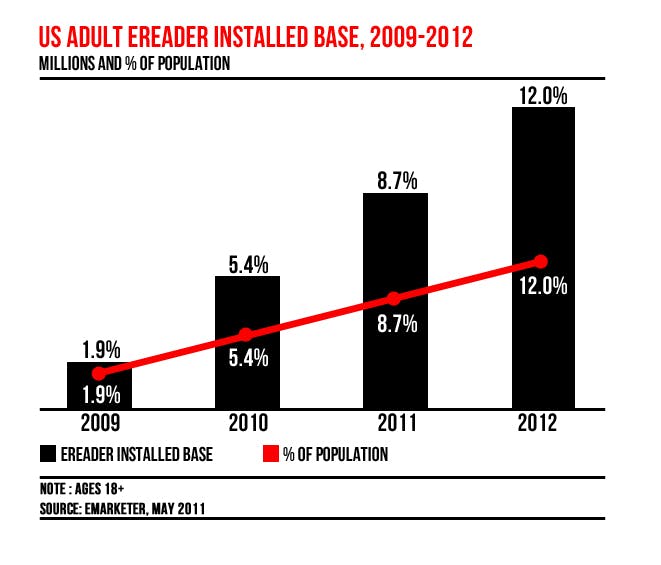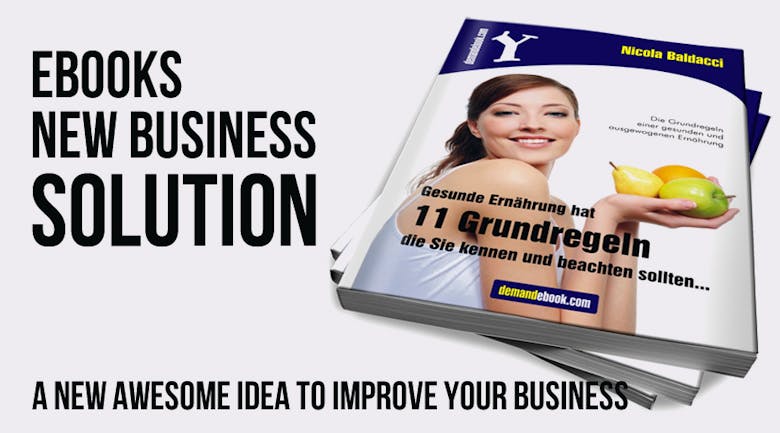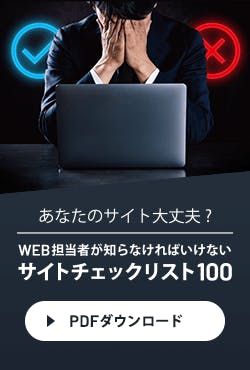In the last 5 years Inbound Marketing has taken all over the internet with their educational Contents based on free resources that allow users to improve their businesses with ideas that make value and lead their visitors to customers.
One of the powerful things of method has is the way they use contents in eBooks, focus in targeting personas through their needs. Providing awesome solution eBooks in recipes to increase and improve businesses marketing. Instead use outbound marketing resources like create Commercial on TV or put an advertisement on a newspaper or magazine. Inbound Marketing is more focus on use free resources like eBooks, To-do worksheets or Blog Contents using designs that we can fit to any kind of device like pcs, tablets or mobiles. Allowing users to download and have access of these contents from anywhere.
eBooks can be really powerful when it comes to educate your persona about your services or products. Giving some samples like Case Studies, How to or Tips to improve their sales and marketing.
So what will be your company benefit?
- A new cost-effectiveness way to showcase your expertise
- A new generation lead tool to get closer to your persona
- The ability to repurpose customer-education information from your website and files by placing it in a new channel where prospects can find it.
- An innovative way to demonstrate your industry expertise.
- Improve ways to teach or educate more about your product.
Are eBooks Popular with My Customers?
Here’s an interesting statistic from emarketer about the number of adults in the US that are using electronic devices (Kindles, iPads, etc.) to read digital books. You can see that reading books created in digital format (eBooks)on electronic readers or laptops is a growing trend.

Source: emarketer
Your Expertise Counts
In general, in order to establish your business as an industry expert, you’ll want to share your how-to information using multiple methods. That way, it’s easier for like-minded prospects searching online to find out about your business, experience and knowledge. That usually means using your content-rich website, publishing an e-newsletter, creating and posting free reports, white papers, instructional videos, how-to guides and more.
eBook Definition
For our purposes, an eBook is a book that is created and prepared specifically for reading on electronic devices, such as Kindle and iPad. There are also eReader software apps for PCs, Macs and Smartphones (Android, iPhone, etc.) that allow you to read the same eBook. An eBook is formatted differently than a PDF file, making it easier to read on new electronic reading devices.
So now we’re going to ask David some questions:
Small Company, Big Image: How does publishing an eBook fit into the marketing campaigns for entrepreneurs and small to midsize businesses?
David Woghan: For consulting firms, service providers, and other businesses, publishing a book in your area of expertise is a powerful marketing tool. A book demonstrates deep knowledge and a commitment to communicating that information. A traditional book positions the company and the author as an industry thought leader. It also implies demand for the information presented in the book.
In other words, experts write books and customers want to hire experts.
But the term “eBook” is evolving these days with the advent of reading devices like the Kindle and iPad. It used to be that someone could create a Word document or PowerPoint, save it as a PDF, and call that an eBook. You can still do that but I think the average consumer is more inclined to think of an eBook as being more substantial than a file with five or ten 8.5” x 11” pages.
SCBI: What is the difference between publishing the eBook as a PDF vs. Kindle or Nook?
David: This is a great question Cynthia. While the PDF is easy and free to create, and you can read it on virtually any device, I think there are some compelling reasons for publishing in the Kindle format and if possible, ePub which is viewable on Nook.
Kindle has the largest market share by far so we’ll use that to illustrate the advantages. (By the way, Amazon provides free software that allows you to read a Kindle book on any Apple device, a PC, Android devices and several Blackberry models.)
- Your name and information will be available on Amazon’s website, an entirely different audience than you are probably reaching now. Think of it as another form of search engine optimization. Leading Internet marketing companies like Hubspot and MarketingSherpa are doing this today.
- You can generate income from eBook sales. Items sold for between $2.99 and $9.99 receive a 70% royalty. Ars Technica (a 10-year old Information Technology news site) published their review of the Apple Lion operating system upgrade on their website for free. But they also created a Kindle version that they sold for $4.99. They reported sales of 3,000 copies in 24 hours netting themselves $10,500 ($4.99 x 3,000 x 70%) for information that is essentially free online.
- I think the benefits from social sharing could be huge for small business. When a potential customer reads a passage they like that they can instantly share that passage on Twitter and Facebook. This has the effect of spreading your message to an even wider audience than the person who first bought your eBook.
- Reader convenience is going to increase in importance as more people read on mobile devices. Readers like the ability to annotate, highlight, share and sync their reading across multiple devices (again, Ars Technica is proof). One last point: you don’t have to sell it in the Amazon store. Companies like email service provider MailChimp offer their free guides in the three key formats of PDF, mobi (Kindle) and ePub.
Note: (ePub is used by companies that manufacture eBook readers and also sell eBooks. Examples are Nook, Apple, Sony and Kobo).
SCBI: What makes a good eBook? Since we already have a website and maybe even a company blog can we draw material from these sources?
David: I think what you are asking is whether your readers can repurpose existing content into a new form. Absolutely. I call it “brand publishing” when something is published by the organization to essentially promote the organization.
I can share three tips for entrepreneurs and businesses thinking about brand publishing using an eBook:
Educate, don’t sell. Your eBook should not be a marketing piece but something that truly benefits the reader. Give the reader actionable advice that does not require them to call you or buy something from you.
Price it appropriately. Put yourself in their shoes as the buyer as you think about the value of your eBook. Also compare what you are selling to similar items in the Amazon store. Timely, relevant, detailed, insightful information is more valuable than freely available information that everyone already has.
Deliver quality. Invest in an attractive cover, write a detailed and accurate description, hire an editor and format it correctly. The final product is a reflection on you and your business. (You can find more information on these steps in the links provided below.)
Keep in mind that you don’t have to sell your eBook on Amazon. Just like MailChimp you can offer the file free as a download. One benefit of this approach is that your eBook won’t necessarily be held to as high a standard as it would be if you were charging people. Expectations tend to be lower for things that are free.
SCBI: Could you suggest some steps that entrepreneurs and businesses can take to get started with eBook self-publishing?
David: Sure, here are four key steps:
- Step 1. Determine what problem-solving topic your book will address. Ideally you already have some or most of the content written. The key is to have content that benefits your reader first and foremost.
- Step 2. Visit Amazon.com and/or bookstores and look for books similar to what you have in mind. How does yours differ? Can you offer new insights?
- Step 3. Get your material in good order; edit it and design a cover. Research the eBook publishing resources listed below for more details.
- Step 4. Before you hit that publish button I suggest you outline a basic marketing campaign. A press release, promotion on social networks, and telling everyone you know should be at the top of the list.
SCBI: Can you share some eBook publishing resources?
David: Amazon’s Kindle Direct Publishing website is loaded with free information, and here is a link to the Barnes & Noble publishing platform called Pubit. We also offer a number of free resources on sellbox.com. In addition to our blog posts we have created a guide to Amazon publisher services and a Kindle publishing checklist. And visit the Calendar page on my website for upcoming presentations. I hold a monthly Kindle “meetup” and I’ll be conducting a roundtable on eBook publishing for businesses on October 6th here in San Diego. Thanks Cynthia, this has been fun. I hope your readers got a few good ideas.
SCBI: Thanks, David for the ideas and for the links to resources! If you have eBook publishing questions, post them in the comments and David will give you additional ideas.
Source : Small Company, Big Image & Emarketer





